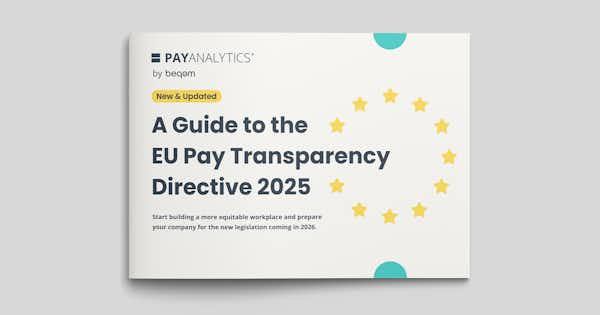A Guide to the EU Pay Transparency Directive 2025 | Download our eGuide for free

#72 — Unpacking Fairness: Tariff Systems and Google's Pay Equity Case
Today, we had an engaging coffee talk at Planet Fair. We delved into the intricacies of the Austrian tariff system and compared it with the German system, discussing the importance of fair initial wage placement and its long-term impact on employees' careers. We also explored methods for ensuring pay equity, including analyzing deviations from minimum pay and grouping employees effectively. A notable reference was made to the Google equal pay case, highlighting the significance of unbiased initial placement decisions. Join us in our journey towards Planet Fair!
Fair Pay Structures: Insights from Austrian Tariffs and Google
Join us for an insightful discussion on fair pay structures, focusing on the Austrian tariff system and Google's pay equity case. Henrike and Margret delve into the intricacies of collective agreements, minimum wages, and the challenges of ensuring fair initial placements in job roles. Learn about the differences between Austrian and German systems, the importance of unbiased decision-making, and how deviations from minimum pay can reveal hidden inequities. This conversation also touches on Google's legal case regarding the placement of women in lower-paying job trajectories, highlighting the critical nature of fair initial placements.
Unpacking Fairness: Tariff Systems and Google's Pay Equity Case
In this segment, we explore:
- The Austrian tariff system and its implications for fair pay.
- Comparisons with the German system and their respective approaches to minimum wages.
- The significance of fair initial placements in job roles and their long-term impact.
- Insights from Google's pay equity case and its broader implications for organizational fairness.
Tune in to gain a deeper understanding of how structured pay systems can both help and hinder fair compensation practices


